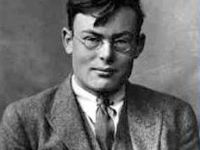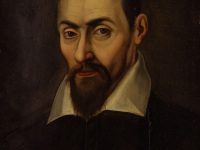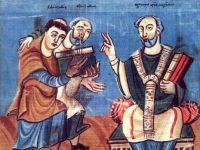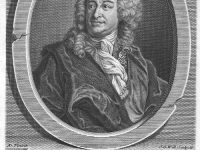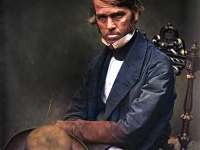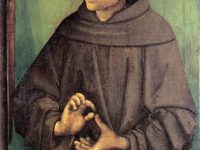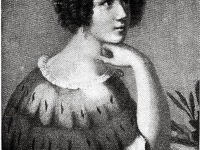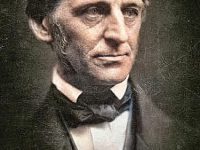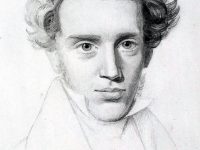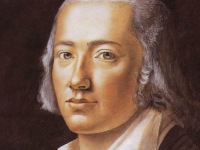Frank P. Ramsey and the Ramsey Theory
On February 22, 1903, precocious British philosopher, mathematician and economist Frank Plumpton Ramsey was born. Although he died already at age 26, he had made significant contributions to logic, philosophy of mathematics, philosophy of language and decision theory. He remains noted for his Ramsey Theory, a mathematical study of combinatorial objects in which a certain degree of order must occur as the scale of the object becomes large. “The first problem I…
Read more

